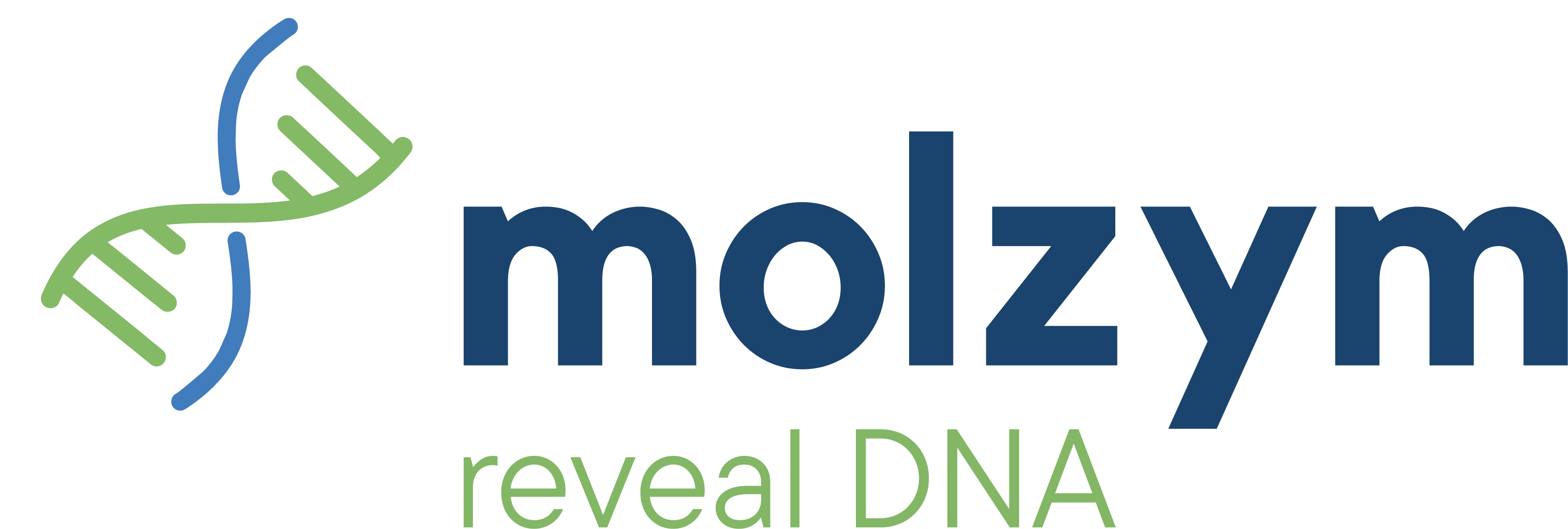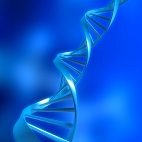Critical Impact of DNA Contamination on Molecular Microbe Analysis |
| 06 May 2019 |
|
Many factors influence the results of amplification of 16S rRNA gene and sequencing by diverse approaches. This regards to sample collection, transport and storage, DNA extraction, amplification and sequencing technology. Salter et al. [1] investigated the impact of microbial DNA contaminations from different reagents on the molecular analysis of bacteria and developed methods how to minimize and rule out contaminations. The composition and origin of microbial DNA contaminations vary greatly depending on the manufacturer, kits and batches. The authors found that typical reagent contaminations are mainly soil- and water-borne bacteria, including Rhodococcus spp., Bradyrhizobium spp. and Pseudomonas spp..Contaminating microbial DNA can reach critical amounts and outnumber endogenous bacterial DNA in low microbial load samples like whole blood and other primary sterile body sites of infected patients. This in turn has a profound negative effect on molecular analysis, including PCR and NGS approaches, leading to false results. In other, high microbial load samples like faeces the impact of contamination is rather negligible. Salter et al. [1] describe different options to reduce potential contaminations with varying levels of success, including UV irradiation, DNA intercalation and DNase treatment of reagents. They recommend being aware of common contaminating species and using negative controls. Thereby, the authors revealed a range of various bacterial species as well as inconsistency and unpredictability between different lots of reagents and kits. Note: Molzym offers bacterial and fungal DNA-free PCR reagents which allow PCR amplification with 40 cycles without signals coming up in negative controls. This guarantees increased sensitivity and reliability of analysis. In combination with Molzym’s DNA-free MolYsis™ technology for microbial DNA enrichment and isolation from complex specimens , contaminations are further minimized while optimal yields of target bacterial DNA are obtained. The benefits and details of the MolYsis™ technology are explained in another blog post. |
| Reference |
|
[1] Salter SJ, Cox MJ, Turek EM, Calus ST, Cookson WO, Moffatt MF, Turner P, Parkhill J, Loman NJ, Walker AW (2014) Reagent and laboratory contamination can critically impact sequence-based microbiome analyses. BMC Biology 2014, 12:87. doi:10.1186/s12915-014-0087-z. |
| DNA-free PCR reagents MolYsis™ technology |

